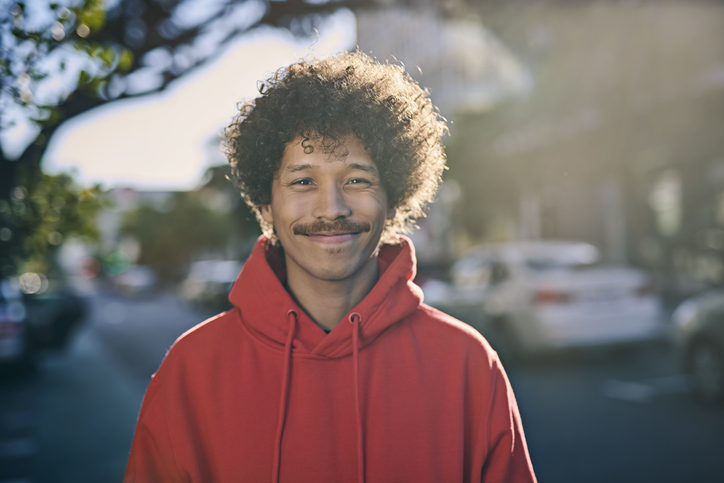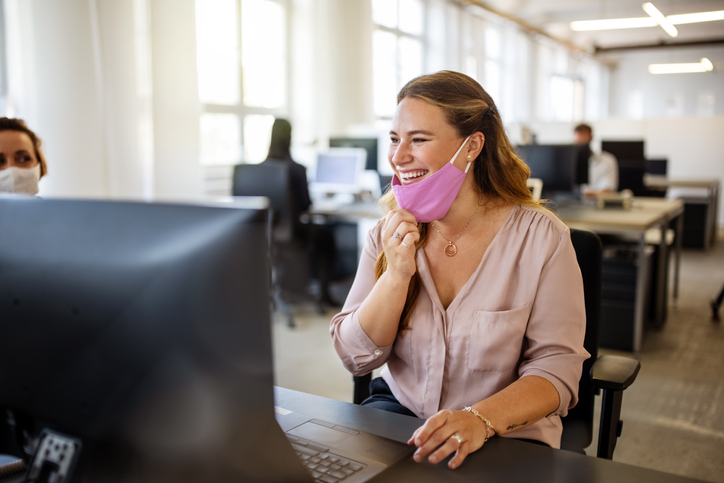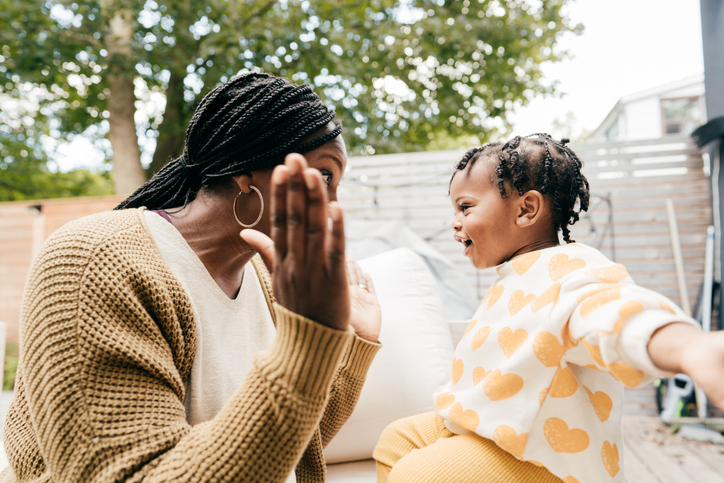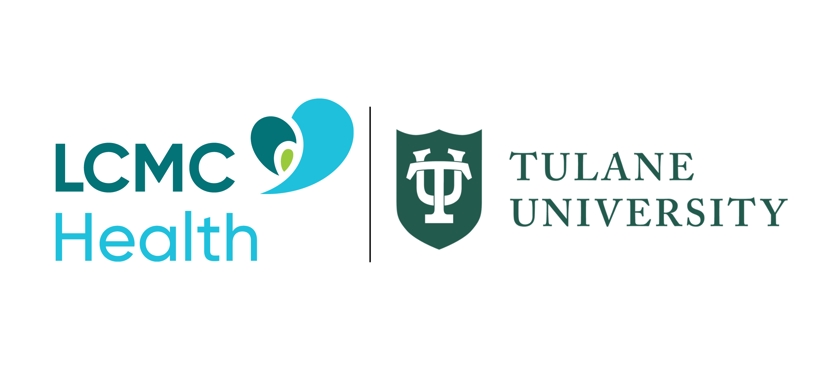COVID-19 restrictions are easing. Now what? It’s time to check in on your mental health.
- Category: New Orleans, Community, Health & Wellness
- Posted on:

After a global pandemic, things can only get better, right? It’s been a tough year, and you aren’t alone if you’ve been struggling. From stay-at-home orders to loved ones getting sick, it hasn’t been easy. During Mental Health Awareness Month, we encourage you to dedicate some extra time to focus on your mental health. Together, we can enter a better frame of mind as we handle what’s next.
We are leaving survival mode

It’s normal while facing a traumatic event to go into “survival mode.” When your fight-or-flight response is activated, it gives you the ability to face life-threatening problems with a good head on your shoulders. However, survival mode isn’t a good place to stay for very long. Constant stress harms your body and erodes your mental health.
Now that COVID-19 restrictions are easing, and we are getting closer to reaching community immunity, you may face some unexpected mental challenges returning to your past activities. How does life go back to normal after a year of so much change? It took time to adjust to COVID-19, and now it will take time to transition back into a familiar routine.
3 mental health tips as COVID-19 restrictions ease

Here is what you can do to protect your mental health as the city we love gets back to somewhat normal:
- Be kind to yourself. It’s OK to mourn this past year. Be ready for thoughts constantly running through your head like “Should I wear a mask?” or “Are there too many people?” You are surviving a global health crisis, after all. Some studies say that the mental health impacts of a pandemic can last anywhere from several months to several years. Be patient with yourself during this time.
- Temper your expectations. Some of your favorite activities may have resumed. However, things aren’t quite back to the way they used to be. Before you get stuck in a rut of comparing every day to the good old days, remember our post-COVID-19 world is a work in progress. Managing your expectations can help you feel more content and present.
- Stay connected to others. If life is getting busy again, don’t forget the people you lean on for support. Being with others aids healing. Go ahead, pass a good time with your family and friends—it’s good for your mind.
Consider therapy if …
If your mental health worsens, you may benefit from therapy. And yes, living through a pandemic is a perfectly good reason to seek therapy. Speak with your physician or find a
trusted counselor if your mental health doesn’t improve after several weeks, your daily activities have become difficult, or you are thinking about harming yourself or others.
Every day can be extraordinary

Don’t forget that, even if your world’s been rocked by the pandemic, each day is a special day. Life is a miracle, and you are alive and living it. Make the best of the small moments. Hold your loved ones close. Choose to wake up every morning and go “I’ll make the best of today and not take it for granted.” And if your mental health still suffers despite staying positive, don’t suffer alone. Reach out for help. We are all in this together.
Day or night. 24/7. When you need us, we’ll be here. Find a physician to speak to about your mental health.

